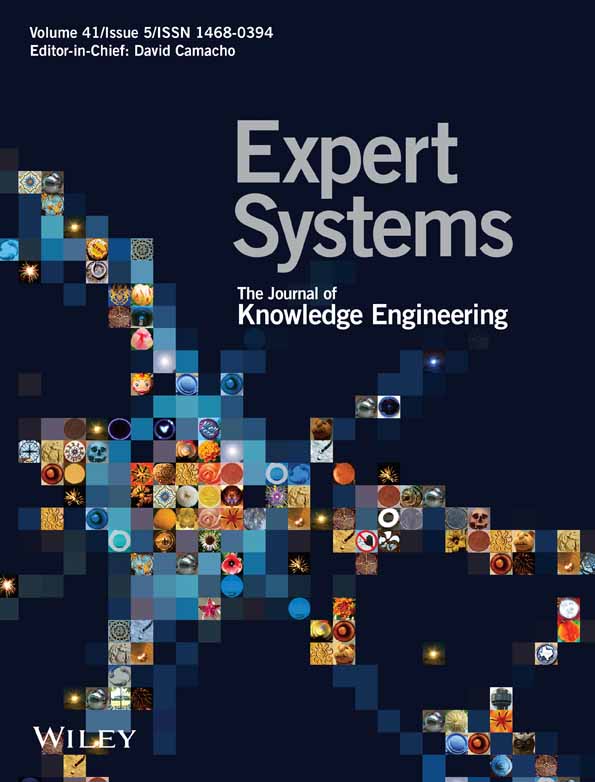RETRACTED: Auxiliary cognition system-based management strategy optimization of supply chain of new energy in oil–gas enterprises
Abstract
The work focuses on the optimization of management strategies of energy supply chain in oil–gas enterprises to find out the optimal management strategy and overcome the fragility of the traditional energy supply system. Back propagation neural network (BPNN) is applied to energy supply predicting and energy security early warning in oil–gas enterprises, and the security early warning system is designed based on the auxiliary cognitive system. The security early warning system is used to predict the peak value of oil and gas supply, and then the detection performances and the data security transmission performances of different models are compared and analysed. Finally, a comprehensive evaluation model for security management of oil–gas supply chain based on the neural network is established. It is found that compared with convolutional neural network (CNNs), the improved BPNN model algorithm proposed shows increased accuracy by 5.4%, reduced model training time and test time, and improved accuracy and recall rate. The accuracy, recall rate, and F1 value of the proposed model are 88.48%, 75.88%, and 96.21%, respectively, which were obviously higher than those of the CNN. It suggests that the improved security management model of oil–gas supply chain shows better recognition and prediction accuracy. Based on the quantitative and qualitative analysis results, the optimization suggestions for management strategies in oil–gas enterprises are put forward, which is of strategic significance for improving the security of oil–gas supply.
Open Research
DATA AVAILABILITY STATEMENT
The data that support the findings of this study are available from the corresponding author upon reasonable request.




